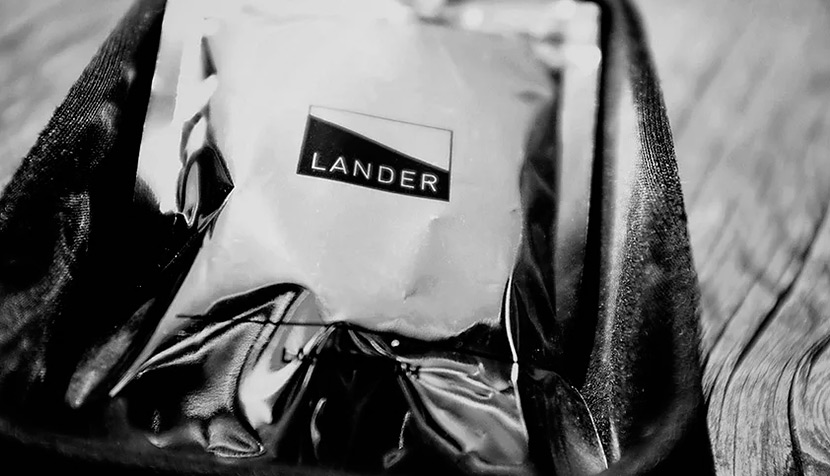According to the General Consumer Association, making copies, imitations and counterfeits constitutes one of the main breaches of industrial property rights and competition law affecting brands.
A report drawn up by the European Union Intellectual Property Office (EUIPO) states that annual losses from counterfeiting and piracy in eleven economic sectors in the European Union can reach up to 60 million euros.
What types of ‘alterations’ are made to products?
Original products may be altered to modify their essence, misleading consumers in their purchases and making it impossible to guarantee the safety and quality of the products.
Products may be altered in the following ways:
- Imitation: an original product is reproduced in order to sell a similar product, without any attempt to pass it off as the original product. The aim is for the imitation product to appear similar to the original, without misleading consumers. The sales price will be lower, as quality standards are not met.
- Counterfeiting: products are created or modified to give them the same appearance as a specific trademark or brand. In this case, it is almost impossible to differentiate between the original and the counterfeit product.
- Copying: a product is created after being inspired by another original product. It is obvious that it is not the original product and the quality is inferior. This type of product is not intended to mislead consumers, but it may be dangerous as it fails to comply with quality and safety standards.
How can digital intelligence and private investigation services help to tackle alterations to original products?
The serious financial losses suffered by companies as a result of the distribution and sale of this type of products prompts them to seek solutions to control and reduce attacks of this kind on their products and brand.
Intelligence and private investigation are effective tools in assisting companies to monitor, reduce and attempt to eradicate ‘alterations’ of their products.
The following phases will be carried out in an investigation of this kind:
PHASE 1. Digital intelligence
The intelligence analyst will examine the digital presence of the company and its products on the market in order to detect illicit sales of ‘altered’ products and the impact of this practice on the brand’s reputation.
Digital intelligence allows us to:
- Establish the impact of alterations to the original product on consumers online.
- Detect and identify the users behind the profiles carrying out illicit sales of these products.
- Quickly locate posts advertising altered products for sale.
- Analyse the impact on the online reputation of the original product and brand.
PHASE 2. Field investigation
By carrying out observation and shadowing operations, your private detective will corroborate the information obtained in Phase 1, identifying any illicit activity taking place.
VESTIGERE will present the results from each phase in a report with legal value, which will play a key role in demonstrating any wrongdoing. This report may be used in any future legal proceedings and will be ratified by the private detective in court.
Success story

Background: A clothing company suspected that one of its employees, who had been fired from the company some time ago, could be selling counterfeit versions of its star product.
Services provided: In light of these suspicions, the company hired us to investigate. Our investigation included the following phases:
- Open source intelligence
The former employee was found to be using a fake profile to sell the counterfeit products, posting adverts on several digital platforms. - Field investigation Once this fake profile had been detected, the private detective posed as a potential customer and made contact with the subject in order to establish the identity of the employee selling counterfeit goods.
Outcome: Using the information obtained during both phases of the investigation, the client was able to take their former employee to court and put a stop to the reputational and financial damage caused by his actions.


